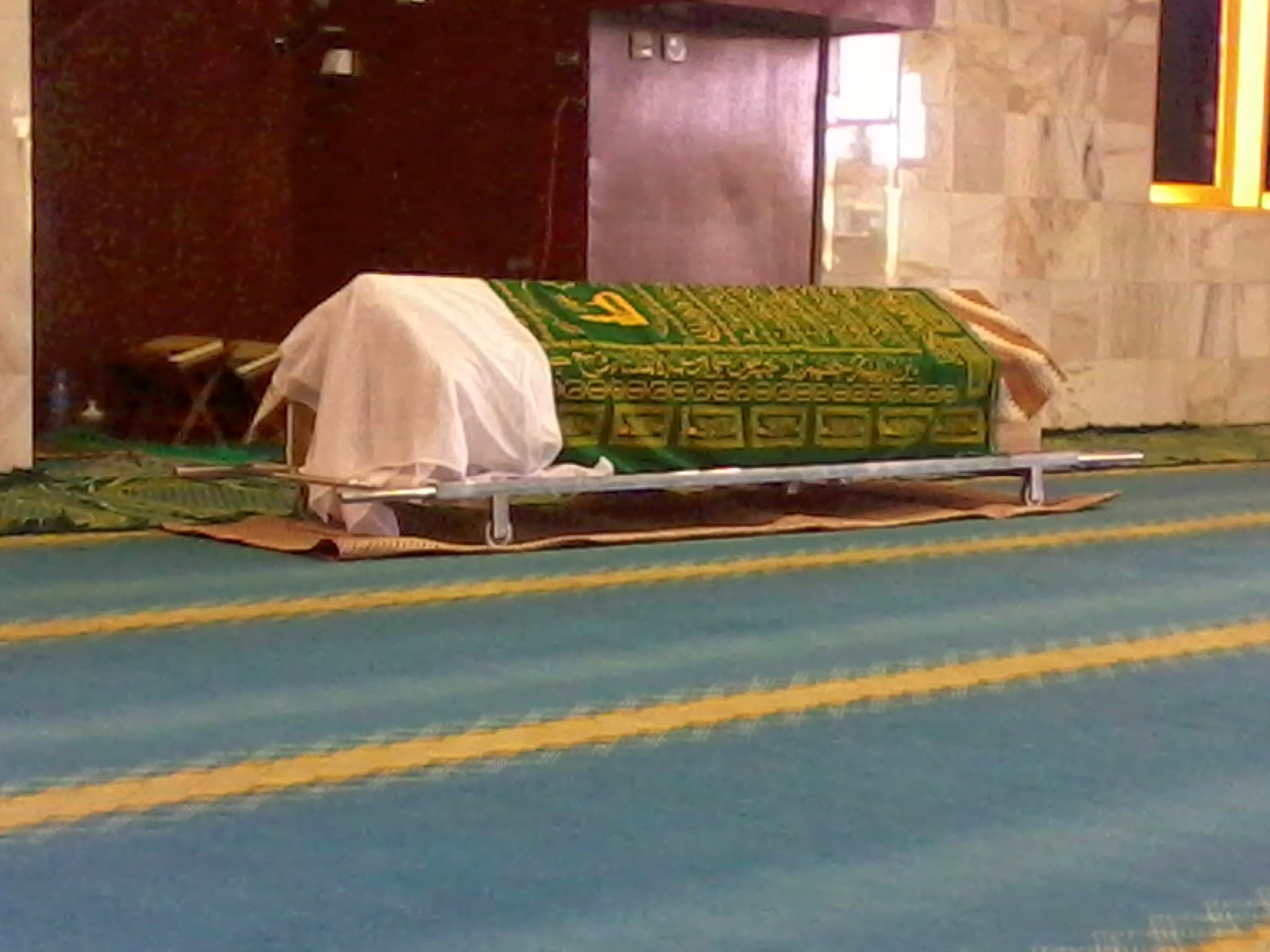280.0 Rahsia langit dikawal ketat
"Dan sesungguhnya kami telah mencuba mengetahui (rahsia) langit, maka kami mendapatinya penuh dengan penjagaan yang kuat dan panah-panah api' dan sesungguhnya kami dahulu dapat menduduki beberapa tempat di langit itu untuk mendengar-dengarkan (berita-beritanya). Tetapi sekarang barang siapa yang (mencuba) mendengar-dengarkan (seperti itu) tentu akan menjumpai panah api yang mengintai (untuk membakarnya)." - (Surah al-Jin: ayat 8-9) Kumpulan jin meneruskan cerita mereka tentang pengalaman dan pengetahuan mereka mengenai kedudukan dan kerasulan di alam ini, seluruh pelosok langit dan bumi. Ia bagi membersihkan diri mereka dan segala yang tidak sesuai dengan kehendak Allah SWT yang menurunkan risalah dan menolak segala dakwaan yang mengaku mengetahui segala urusan ghaib. Berkenaan dengan mukadimah ayat ini yang bermaksud kami telah mencuba mengetahui rahsia langit dengan maksud: Menuntut dan mendapatkannya seperti ibarat orang Arab. ...





